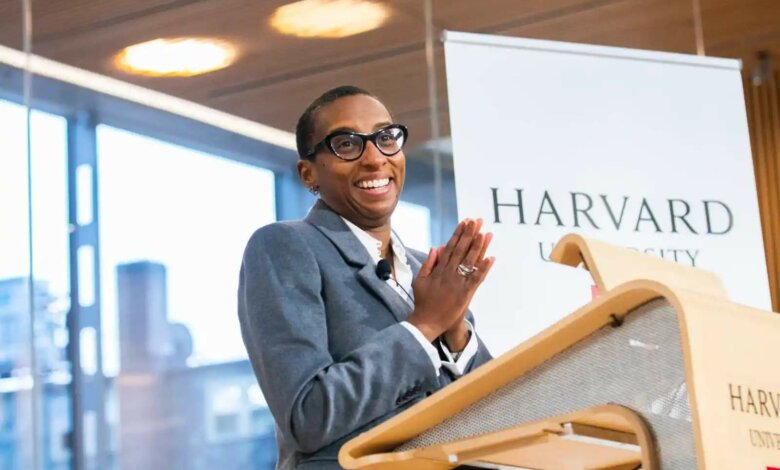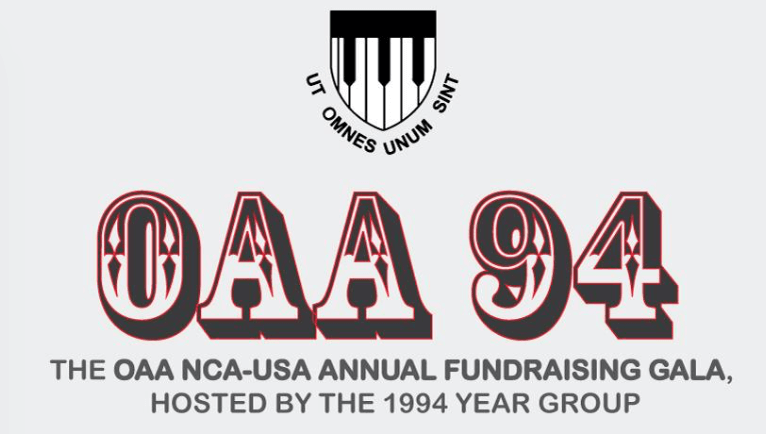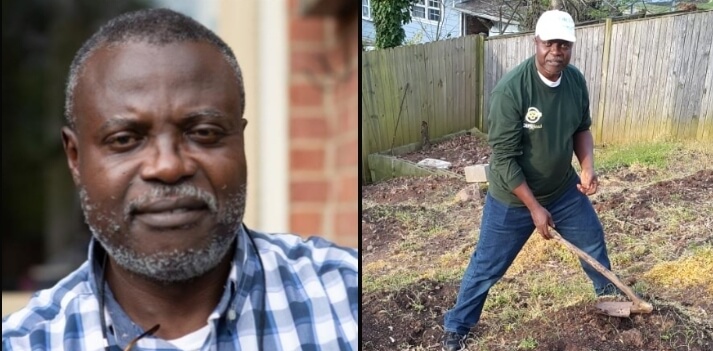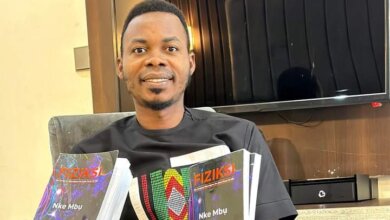Daughter of Haitian immigrants, Claudine Gay is Harvard’s 30th president

Claudine Gay, a widely admired higher education leader and distinguished scholar of democracy and political participation, has been named the 30th president of Harvard University.
Since 2018, Gay has served as the Edgerley Family Dean of Harvard’s Faculty of Arts and Sciences (FAS), the University’s largest and most academically diverse faculty, spanning the biological and physical sciences and engineering, the social sciences, and the humanities and arts.
As dean, she has guided efforts to expand student access and opportunity, spur excellence and innovation in teaching and research, enhance aspects of academic culture, and bring new emphasis and energy to areas such as quantum science and engineering; climate change; ethnicity, indigeneity, and migration; and the humanities.
The daughter of Haitian immigrants, Gay received her bachelor’s degree in 1992 from Stanford, where she majored in economics and was awarded the Anna Laura Myers Prize for best undergraduate thesis. In 1998, she received her Ph.D. in government from Harvard, where she won the Toppan Prize for best dissertation in political science.
Gay is married to Dr. Christopher Afendulis, an expert in health care policy. They have a son together.
As a quantitative social scientist with expertise in political behavior, Gay served as an assistant professor and then tenured associate professor at Stanford before being recruited to Harvard in 2006 as a professor of government.
She was also appointed a professor of African and African American Studies in 2007. Gay was named the Wilbur A. Cowett Professor of Government in 2015, when she also became dean of social science at FAS.
“Claudine is a remarkable leader who is profoundly devoted to sustaining and enhancing Harvard’s academic excellence, to championing both the value and the values of higher education and research, to expanding opportunity, and to strengthening Harvard as a fount of ideas and a force for good in the world,” said Penny Pritzker, senior fellow of the Harvard Corporation and chair of Harvard’s presidential search committee.
Gay was elected to the presidency by the Harvard Corporation, the University’s principal governing board, with the consent of the University’s Board of Overseers.
Speaking after her election, Gay said, “I am humbled by the confidence that the governing boards have placed in me and by the prospect of preceding President Bacow in leading this remarkable institution. It has been a privilege to work with Larry over the last five years. He has shown me that leadership isn’t about one person. It’s about all of us, moving forward together, and that’s a lesson I take with me into this next journey.
“As I start my tenure, there’s so much more for me to discover about this institution that I love, and I’m looking forward to doing just that, with our whole community.”
The election concludes a wide-ranging and intensive search launched after Larry Bacow’s June announcement that he would step down at the end of the academic year after serving as president since 2018 and as a member of the Harvard Corporation since 2011.
“Over the last five years, Claudine and I have worked very closely together,” said Bacow. “Claudine is a person of bedrock integrity,” Bacow added. “She will provide Harvard with the strong moral compass necessary to lead this great university. The search committee has made an inspired choice for our 30th president. Under Claudine Gay’s leadership, Harvard’s future is very bright.”
Known for her broad intellectual curiosity and interdisciplinary outlook, Gay is recognized as a highly influential expert on American political participation. Her research and teaching explore how various social and economic factors shape political views and voting behavior.
READ ALSO: Nigerian writer Chimamanda Adichie receives Harvard’s highest honours
She is the founding chair of Harvard’s Inequality in America Initiative, a multidisciplinary effort that has advanced scholarship in areas such as the effects of child poverty and deprivation on educational opportunity, inequities in STEM education, immigration and social mobility, democratic governance, and American inequality in a global context.
A member of the American Academy of Arts and Sciences, Gay has pursued her scholarship as a fellow at the Public Policy Institute of California, the Center for Advanced Study in the Behavioral Sciences, and the Radcliffe Institute for Advanced Study at Harvard.
She currently serves on the boards of the Pew Research Center, Phillips Exeter Academy, and the American Academy of Political and Social Science. She also served as a member of the American Association of Universities advisory board on racial equity in higher education.
Under her leadership of FAS, Harvard in 2021 launched one of the world’s first Ph.D. programs in quantum science and engineering and began work on a state-of-the-art facility for the Harvard quantum community designed to integrate the educational, research, and translational aspects of the emerging field.
She has also worked to create new pathways and lower barriers to working across disciplines. In 2019, FAS announced plans to hire new faculty and strengthen multidisciplinary scholarship and teaching in the broad domain of ethnicity, indigeneity, and migration.
More recently, FAS and the Harvard John A. Paulson School of Engineering and Applied Sciences have launched cluster searches for new faculty focused on aspects of climate change, as part of the University’s larger plans to build strength in that area across its Schools.
Announcing the search, Gay noted that “fighting the climate crisis requires engagement by the full breadth of academic disciplines.” She has also played a key role in major fundraising initiatives for undergraduate financial aid and in such diverse academic areas as quantum science, economics, Asian American studies, and the arts.
In addition, Gay has been engaged in a range of academic and programmatic initiatives, including as a leading voice within both the Academic Council and the Provost’s Council, the two principal University-wide forums for charting institutional priorities and plans.
She serves on the oversight committee for the new Kempner Institute for the Study of Natural and Artificial Intelligence, and she has been involved in the implementation of the recommendations of the April 2022 report of the Presidential Committee on Harvard & the Legacy of Slavery and the launch of the Salata Institute for Climate and Sustainability.
In overseeing the Division of Continuing Education, she has helped shape Harvard’s evolving approach to expanding access to the University’s educational resources, particularly through emerging modes of online learning.
“Claudine Gay has demonstrated vision to advance research and education, deep commitment to Harvard’s mission, temperament to listen and learn from the many rich sources of expertise in our faculty, and fortitude to make difficult decisions,” said Archon Fung, the Winthrop Laflin McCormack Professor of Citizenship and Self-Government at Harvard Kennedy School, who chaired the faculty advisory committee.
“She is the best of a new generation of higher education leaders, and I look forward to helping her realize her vision and goals for Harvard in the years ahead,” Fung added.
Source: The Harvard Gazette
READ ALSO: Accra College of Medicine opens its doors to foreign students
Abeeb Lekan Sodiq is a Managing Editor & Writer at theafricandream.net. He is as well a Graphics Designer and also known as Arakunrin Lekan.




